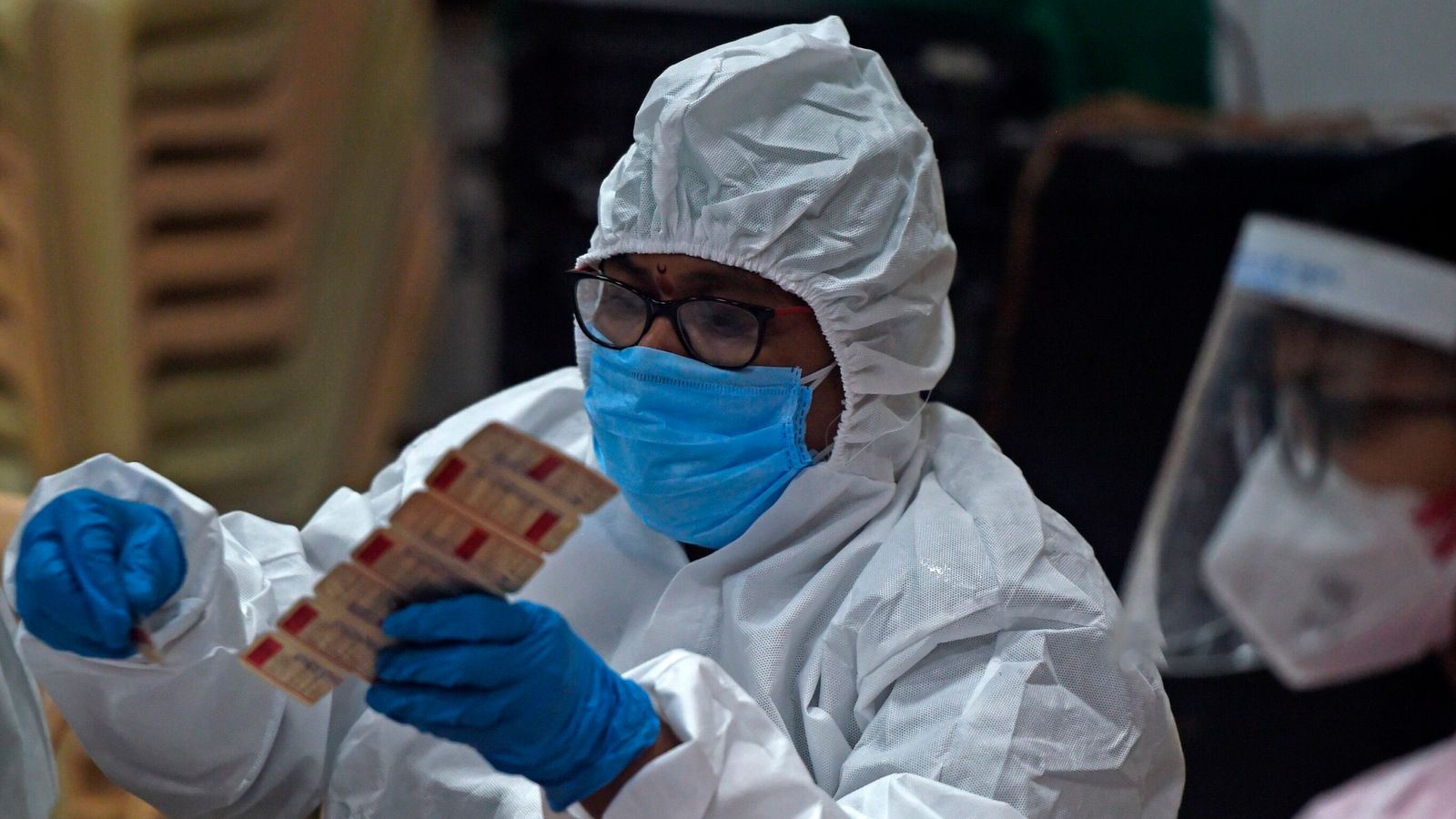Patients with sufficient levels of vitamin D are less likely to experience complications and die from COVID-19, according to a new study in the US, while another has found it also reduces infection rates.
Vitamin D sufficiency was linked with a significantly decreased level of inflammatory markets, and higher blood levels of immune cells, in new research from Boston University's school of medicine.
Blood samples to measure vitamin D levels were taken from 235 patients admitted to hospital with COVID-19, explained the study published in the journal PLOS ONE.
These patients were followed for clinical outcomes including the severity of their infections, whether they lost consciousness, if they had difficulty breathing to the point of becoming hypoxic, or if they died.
In patients older than 40, those who had sufficient levels of vitamin D were more than 51% less likely to die than patients who were deficient.
According to Dr Michael Holick, who recently published another study finding that sufficient vitamin D can reduce the risk of catching the coronavirus by 54%, the vitamin can also help against other viruses affecting the upper respiratory tract
"There is great concern that the combination of an influenza infection and a coronal viral infection could substantially increase hospitalisations and death due to complications from these viral infections," Dr Holick said.
"Because vitamin D deficiency and insufficiency is so widespread in children and adults in the US and worldwide, especially in the winter months, it is prudent for everyone to take a vitamin D supplement to reduce risk of being infected and having complications from COVID-19," he added.

